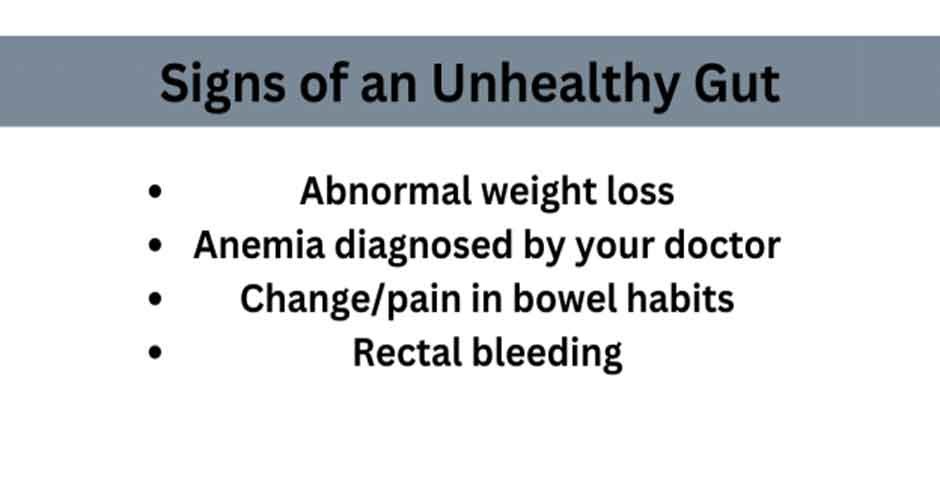Aging triggers various changes in the body, including shifts in the delicate balance of bacteria populating the gut. As diversity in the gut microbiome declines with age, overall health and wellbeing are impacted. Probiotic supplements offer a way to restore balance, delivering key benefits for digestive health, immune function, cognition, and chronic disease management in seniors.
The Aging Gut Microbiome
The community of microbes living in the gastrointestinal tract, known as the gut microbiota, undergo significant changes as we age. Research shows the diversity of bacterial species in the gut microbiome decreases markedly with age. This age-related decline in microbial variety disrupts the equilibrium maintained in a healthy gut.
Imbalance in the populations of good and bad gut bacteria has been linked to increased susceptibility to infections, inflammatory diseases, and other chronic conditions in seniors. The disruption of the gut microbiome’s equilibrium with advanced age underscores the need for interventions aimed at restoring balance.
Probiotic supplements containing beneficial live bacteria have been shown to positively influence the composition of the gut microbiota in older adults. Replenishing probiotic species can help counteract age-related reductions in bacterial variety and reestablish a balanced state in the gut. It’s crucial to find the right primary care physician to protect your gut health and prevent digestive-related diseases.
Key Benefits of Probiotics for Seniors
Including probiotic supplements in seniors’ diets and nutrition provides a range of benefits that promote overall wellness by targeting specific aspects of health.
Improved Digestive Health

By replenishing good bacteria, probiotics can alleviate common GI issues faced by seniors like constipation, diarrhea and indigestion. Probiotics also aid in the absorption of nutrients from food to nourish the aging body.
Boosting Immune Function
Probiotics bolster immune defenses in seniors through several mechanisms:
- Increasing production of antibodies like immunoglobulin A to combat pathogens
- Enhancing activity of natural killer cells that destroy virally infected and cancerous cells
- Boosting phagocytosis, where immune cells ingest and destroy bacteria and foreign particles
- Promoting production of cytokines that regulate immune responses
- Reducing pro-inflammatory signaling molecules like NF-kB that trigger excessive inflammation
- Improving integrity of gut barrier function to prevent leaky gut issues
- Maintaining balanced Th1 and Th2 signaling to improve adaptive immunity
Clinical trials demonstrate that supplementing with probiotic strains like Lactobacillus casei or Bifidobacterium longum raises antibody titers in seniors after vaccination against common viruses and respiratory infections. Such research highlights the immuno-enhancing effects probiotics confer to protect vulnerable elderly populations.
Cognitive Health
Communication via the gut-brain axis is vital for mental health and wellbeing. Probiotics help maintain this connection, leading researchers to hypothesize they may contribute to reducing the risk of neurodegenerative diseases and age-related cognitive decline.
Managing Chronic Conditions
Chronic low-grade inflammation is believed to contribute to many age-related diseases. Studies indicate probiotics can help regulate inflammatory pathways, suggesting a potential role in managing symptoms of prevalent senior conditions like osteoporosis, arthritis, heart disease and type 2 diabetes. Managing these symptoms can vastly improve elder health and mobility and vastly improving quality of life.
Incorporating Probiotics into Senior Diets
Seniors can integrate probiotic-rich foods and supplements into their nutrition plans to maintain gut health.
Food Sources of Probiotics
Fermented foods like yogurt, kefir, sauerkraut, kimchi and kombucha contain probiotics and provide safer, regulated ways to ingest live cultures compared to supplements. Incorporating small servings of these foods regularly helps populate the gut with beneficial microbes (Source: Journal of Applied Microbiology).
Choosing Probiotic Supplements
When selecting probiotic supplements, several factors should be considered by seniors for maximum benefit:
- Strains:Products containing strains like Lactobacillus and Bifidobacterium have been clinically shown to deliver health benefits for older adults. Combination formulas with multiple probiotic strains help increase diversity.
- CFUs:Probiotic supplements should provide at least 1 billion CFUs (colony-forming units) daily for seniors to confer advantages. Higher CFU doses may be appropriate based on individual gut health needs.
- Delivery format:Probiotics come in forms like capsules, powders, gummies, liquids. Seniors should choose easy-to-consume options and take them with food to aid digestion. Enteric-coated capsules help probiotics survive stomach acid.
- Quality:Independent lab testing verifies purity, potency, and viability. Reputable supplements clearly state strain types, CFU counts, expiration dates, storage needs, and quality guarantees. Purchasing from trusted manufacturers ensures clinical-grade products.
Consulting a doctor helps determine the most suitable probiotic supplement regimen based on factors such as age, gut issues, medications, and overall health status. Seniors should begin with low doses and gradually increase over 2-4 weeks to minimize side effects.
Addressing Concerns about Probiotics
Although probiotic supplements have health-promoting properties, some concerns exist regarding their safety in elderly populations. Most risks stem from manufacturing issues versus the supplements themselves. Side effects are usually minor, like gas or bloating. Checking with a doctor alleviates drug interaction concerns. Overall, probiotics demonstrate an excellent safety profile, especially when acquired through regulated food sources.
Frequently Asked Questions (FAQs)
Can seniors get enough probiotics from foods alone?
For otherwise healthy seniors, incorporating probiotic-rich foods like yogurt may provide sufficient levels of probiotics. Those with gut issues or compromised immunity may require supplements to populate the gut with higher CFU doses.
Are there risks for seniors taking probiotic supplements?
For most healthy seniors, probiotic risks are minor, with gastrointestinal symptoms like gas being the most common side effect. Critically ill or immunocompromised seniors should use caution and consult a doctor before using supplements. Contamination and quality control issues pose greater risks than the supplements themselves.
How long before seniors feel the benefits of probiotics?
Research shows digestive and immune parameters start improving within weeks of probiotic supplementation in the elderly. However, the gut microbiome may take months to reflect compositional changes. Consistency is key to experiencing long-term wellness benefits.
Final Takeaway
Aging inevitably shifts the gut microbiome’s equilibrium, allowing bad bacteria to prevail over good. Probiotics in foods and supplements provide a safe, effective way to restore balance and deliver key benefits like improved digestion, immunity, cognition and disease management. Incorporating probiotics into senior nutritional plans promotes gut health to enhance overall wellbeing. Consultation with a doctor ensures appropriate probiotic use for individual needs. Harnessing the power of probiotics paves the way for healthy aging.















Comments